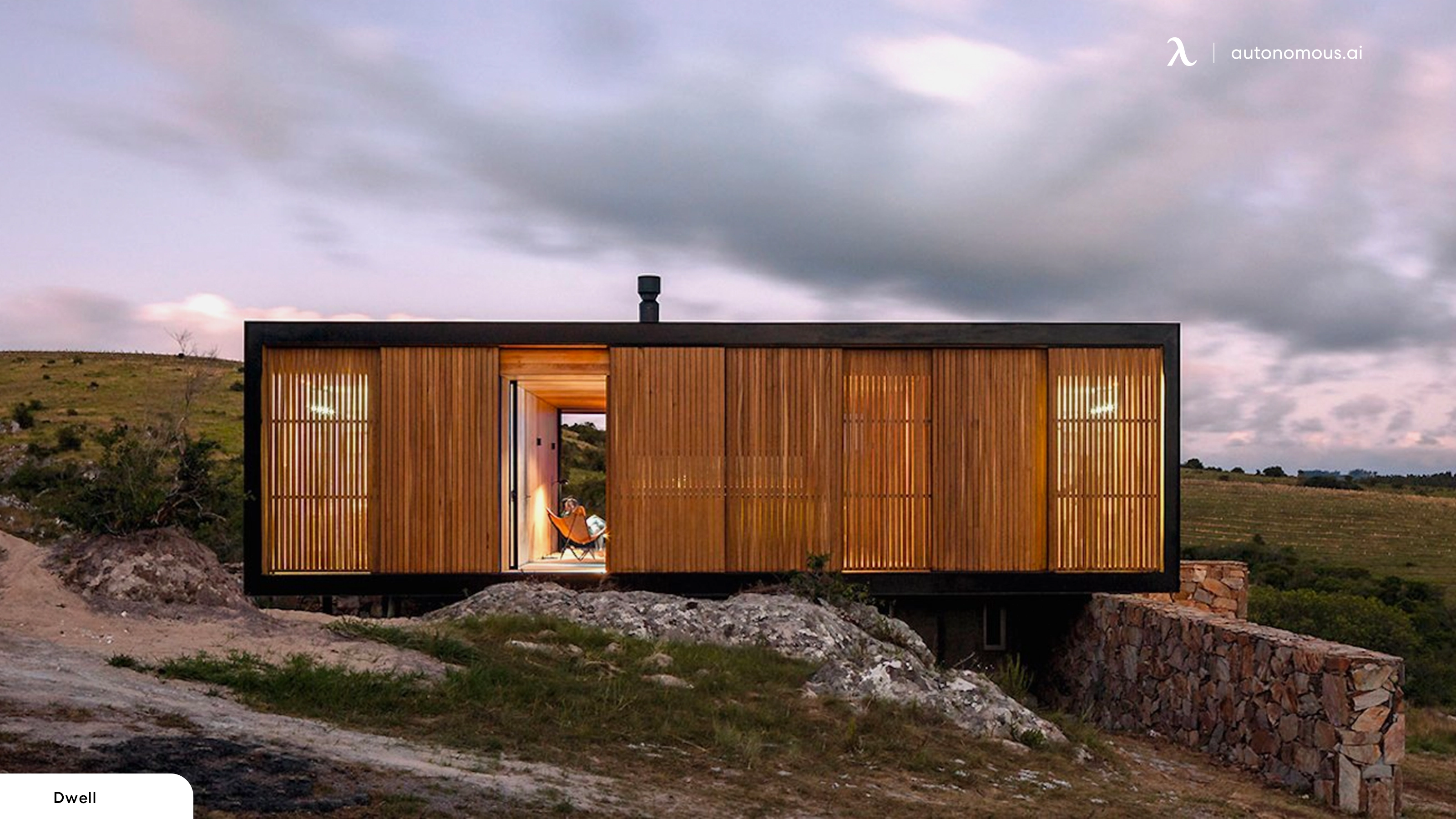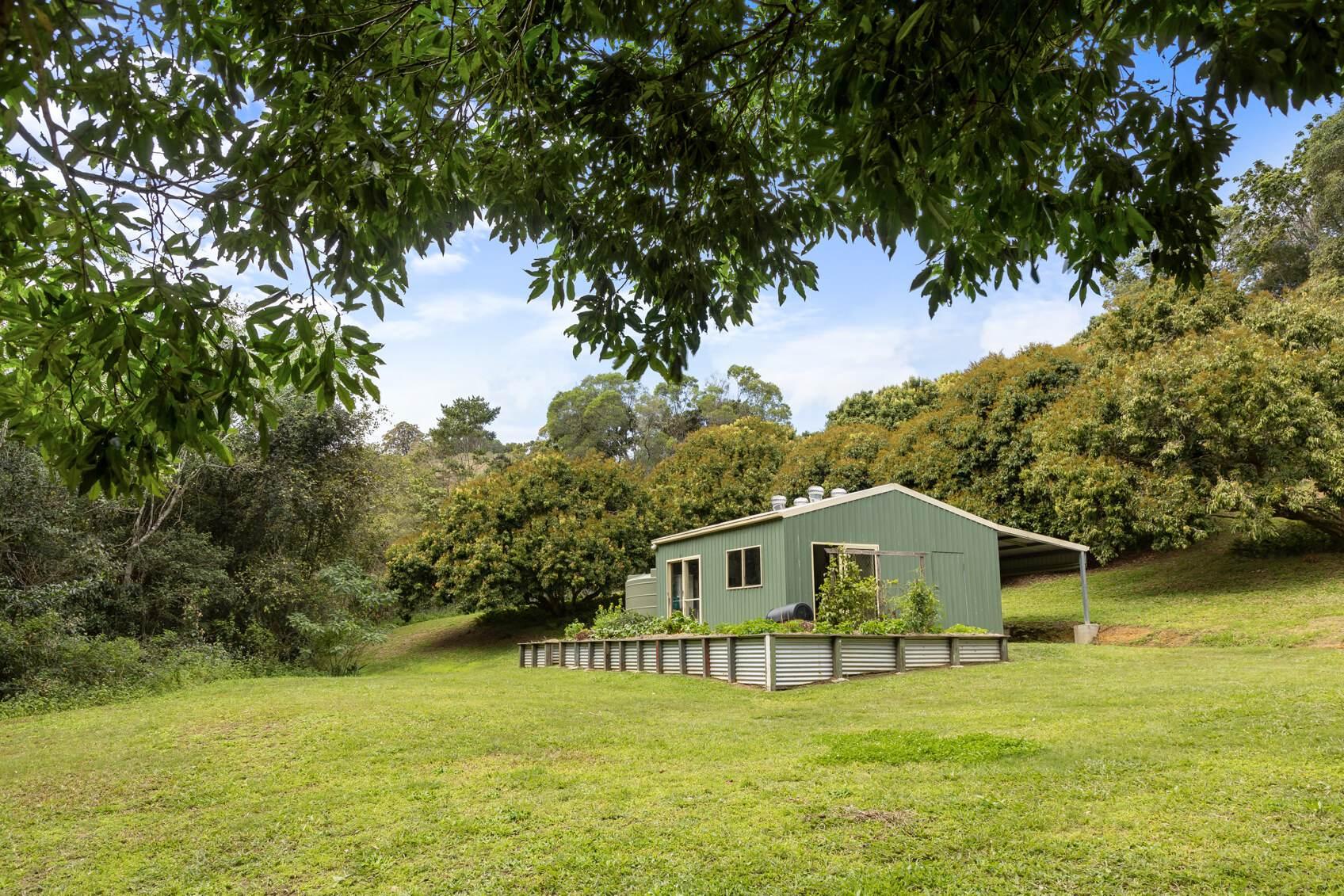Off grid living rentals are rapidly gaining popularity, offering a unique escape from traditional living. These rentals, ranging from rustic cabins to converted vans, provide a connection with nature while still offering the convenience of a pre-arranged stay. Many feature solar power, rainwater collection, and other sustainable amenities, appealing to environmentally conscious travelers and those seeking a simpler lifestyle.
This exploration delves into the practicalities, costs, and lifestyle adjustments involved in this increasingly sought-after alternative.
From secluded mountain getaways to coastal retreats, the locations of off-grid rentals are as diverse as the accommodations themselves. This article will examine the factors to consider when choosing a location, weighing the benefits of remote seclusion against the convenience of easier accessibility. We’ll also explore the financial aspects, including rental costs, potential hidden expenses, and strategies for budget-conscious renters.
Defining Off-Grid Living Rentals
Off-grid living rentals represent a growing segment of the vacation and long-term rental market, offering a unique alternative to traditional accommodations. These rentals prioritize self-sufficiency and a connection with nature, often located in remote or secluded areas. They differ significantly from traditional rentals by minimizing reliance on public utilities and embracing sustainable living practices.Off-grid rentals provide a distinct experience for those seeking a disconnect from modern conveniences and a deeper immersion in the natural environment.
This shift in focus impacts amenities, location, and the overall lifestyle associated with the rental.
Characteristics of Off-Grid Living Rentals
Off-grid rentals are characterized by their independence from traditional utility services. Electricity is typically generated through renewable sources like solar panels or wind turbines, while water is often collected via rainwater harvesting systems or drawn from wells. Waste management systems are typically designed to minimize environmental impact, often employing composting toilets and greywater recycling. Heating may be provided by wood-burning stoves or other alternative methods.
Internet access, if available, is usually limited and may rely on satellite connections. These features distinguish them sharply from conventional rentals, which typically rely on municipal water, electricity, and sewage systems.
Common Amenities in Off-Grid Rentals
Many off-grid rentals offer a surprising array of amenities despite their self-sufficient nature. Solar power systems provide electricity for lighting, small appliances, and sometimes even charging stations. Water collection systems, often including rain barrels and filtration systems, ensure a reliable water supply. Composting toilets offer a sustainable and eco-friendly alternative to traditional plumbing. Wood-burning stoves or other efficient heating systems provide warmth, particularly in colder climates.
Outdoor kitchens and cooking areas, often equipped with propane stoves or grills, are common features. Many also include basic furniture and cooking equipment.
Learn about more about the process of off grid living power in the field.
Types of Off-Grid Rentals
The diversity of off-grid rentals reflects the varied preferences of renters and the unique characteristics of different locations. Cabins, often constructed from locally sourced materials, offer a rustic and cozy atmosphere. Yurts, traditional circular tents, provide a unique and nomadic living experience. Converted vans and RVs offer a mobile off-grid experience, allowing renters to explore different locations. Other options include tiny houses, earthships (structures built into the earth), and even more unusual accommodations like treehouses or geodesic domes.
The choice depends on the renter’s budget, desired level of comfort, and the specific location.
Comparison of Off-Grid Rental Types
| Rental Type | Price Range (USD/night) | Typical Location | Amenities |
|---|---|---|---|
| Cabin | $75 – $250 | Rural areas, forests, mountains | Solar power, wood stove, basic kitchen |
| Yurt | $50 – $150 | Open fields, deserts, national parks | Solar power, composting toilet, limited kitchen |
| Converted Van | $100 – $300 | Variable, depending on renter’s location | Solar power, water tank, compact kitchen |
| Tiny House | $100 – $300+ | Rural areas, near nature reserves | Solar power, composting toilet, full kitchen |
Costs and Considerations for Renting Off-Grid: Off Grid Living Rentals

Renting an off-grid property offers a unique lifestyle, but it comes with a distinct set of financial considerations that prospective renters should carefully evaluate. Unlike traditional rentals, off-grid living involves a higher degree of self-sufficiency and responsibility, impacting both upfront and ongoing expenses. Understanding these costs is crucial for making an informed decision and avoiding potential financial surprises.
Typical Rental Costs for Off-Grid Properties
Off-grid rental costs vary significantly based on location, property size, amenities, and the level of self-sufficiency required. While a monthly rental fee is standard, utilities are often significantly different. Expect to pay considerably less, or even nothing, for electricity depending on your reliance on solar power or a generator. Water costs may be minimal if you have access to a well, but maintenance and potential repairs to the well system can be expensive.
Waste disposal can also be a factor, potentially involving septic system maintenance or composting toilet upkeep. In contrast to city rentals, internet access may be nonexistent or require substantial investment in satellite internet, adding significantly to the monthly expenditure. Finally, property maintenance is frequently the renter’s responsibility, so budgeting for this is essential. For example, a remote cabin might rent for $1,000 per month, but require $200 monthly for generator fuel and maintenance, $100 for water treatment, and $50 for internet.
Hidden Costs Associated with Off-Grid Living Rentals
Beyond the predictable monthly expenses, off-grid rentals often present hidden costs that can quickly escalate. Unforeseen repairs to solar panels, generators, or well pumps can be extremely expensive, requiring significant upfront payments. Transportation costs can also be substantial, particularly if the property is located in a remote area with limited public transport. Stocking up on supplies requires more frequent and longer trips to towns and cities, increasing fuel consumption and potentially requiring the purchase of a vehicle suitable for rough terrain.
For instance, a sudden generator failure could easily cost $1,000 to repair or replace. Similarly, a significant distance to the nearest town might add $200-$300 monthly in fuel costs alone.
Understanding Lease Agreements and Responsibilities
Thoroughly reviewing the lease agreement is paramount before signing. Off-grid leases often include clauses detailing the renter’s responsibilities for maintenance, repairs, and utility management. Clearly defined responsibilities for septic system maintenance, well water testing, and generator upkeep are crucial to avoid disputes and unexpected costs. Understanding who is responsible for repairs to essential systems like solar panels or water pumps can prevent significant financial burdens falling solely on the renter.
A comprehensive lease agreement should clearly Artikel these responsibilities, including cost-sharing arrangements if applicable. For example, a lease might stipulate that the renter is responsible for the routine maintenance of the septic system, while the landlord covers major repairs.
Cost-Saving Strategies for Off-Grid Renters, Off grid living rentals
Several strategies can help mitigate the costs associated with off-grid living. Careful budgeting and tracking of expenses are crucial. Conserving water and electricity through mindful usage can significantly reduce utility-related costs. Regular maintenance of equipment, such as generators and water pumps, can prevent costly breakdowns. Growing your own food through gardening can substantially reduce grocery bills.
Finally, opting for a property closer to town can reduce transportation expenses. For example, a well-maintained generator can extend its lifespan, reducing the need for frequent, costly repairs. Similarly, a small vegetable garden can provide fresh produce, lowering reliance on expensive grocery store purchases.
Finding and Booking Off-Grid Rentals

Securing an off-grid rental requires a different approach than traditional property searches. The market is less centralized, and verifying listings’ legitimacy is paramount. This section details the process of finding and booking off-grid rentals, highlighting key platforms, booking methods, and safety considerations.Finding suitable off-grid accommodations often involves a multi-pronged approach, leveraging various online and offline resources. The lack of a single, comprehensive database necessitates a more proactive search strategy.
Available Platforms and Resources
Several platforms and resources cater to the niche market of off-grid rentals. These range from specialized websites dedicated to unique accommodations to general vacation rental sites that include off-grid options. Some property owners also advertise directly through their own websites or social media channels. Utilizing a combination of these methods increases the chances of finding the ideal property.
For example, some websites specialize in eco-tourism and sustainable travel, often featuring off-grid cabins or yurts. Others, like Airbnb and VRBO, may have listings for properties that offer a degree of off-grid living, such as those with solar power or limited access to utilities.
Comparison of Booking Methods
Direct booking through the property owner’s website often offers the most transparent communication and potentially better pricing. However, it may lack the consumer protections offered by established booking platforms. Using platforms like Airbnb or VRBO provides a degree of security through their payment systems and dispute resolution mechanisms, but may involve higher fees. Each method presents a trade-off between cost, convenience, and security.
For example, a direct booking might offer a lower price but requires more due diligence on the renter’s part to verify the property’s legitimacy and safety. Booking through a platform, while potentially more expensive, offers a layer of protection and simplifies the payment process.
Verifying Legitimacy and Safety
Verifying the legitimacy and safety of off-grid rental listings is crucial. This involves thoroughly researching the property owner, checking reviews from previous renters (if available), and confirming the property’s location and accessibility. For direct bookings, requesting additional photos and videos of the property can help ensure it matches the description. For bookings through platforms, examining the host’s profile, reading reviews, and verifying their identification can help mitigate risks.
In the case of remote locations, confirming access to emergency services is paramount.
Checklist for Evaluating Off-Grid Rentals
Before booking, a comprehensive checklist is essential. This should include verifying the property’s amenities, assessing its suitability for the intended length of stay, and understanding the access to utilities and emergency services. It’s crucial to clarify expectations regarding water sources, waste disposal, and power generation. Additionally, renters should inquire about potential hazards like wildlife, extreme weather conditions, and the property’s overall safety and security measures.
A detailed contract outlining responsibilities, payment terms, and cancellation policies should be reviewed carefully before finalizing the booking. The checklist should cover aspects like the property’s location, accessibility, amenities (water, power, sanitation), safety features, emergency contacts, and the host’s communication responsiveness. This careful assessment minimizes potential risks and ensures a positive off-grid rental experience.
Embracing off-grid living through rentals presents a compelling opportunity to reconnect with nature and simplify one’s lifestyle. While challenges exist, from adapting to self-sufficiency to managing potential maintenance issues, the rewards—a tranquil escape and a lighter environmental footprint—can be substantial. By carefully considering location, costs, and lifestyle adjustments, prospective renters can find a fulfilling and enriching experience in this unique form of accommodation.
The growing availability of online resources and booking platforms further simplifies the process, making off-grid rentals increasingly accessible to a wider audience.



